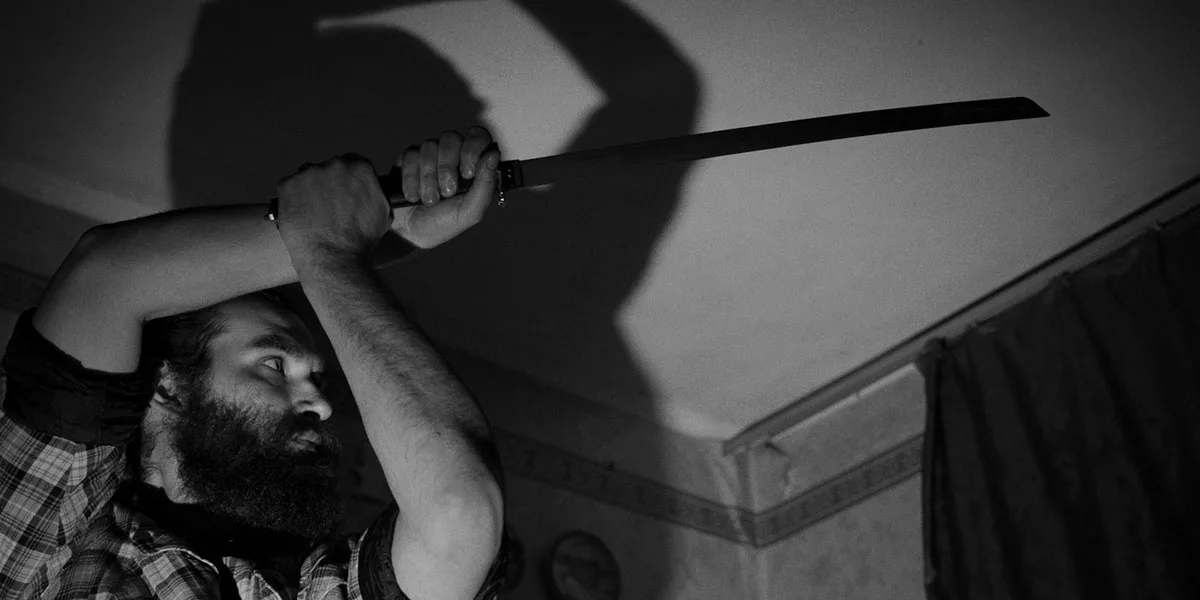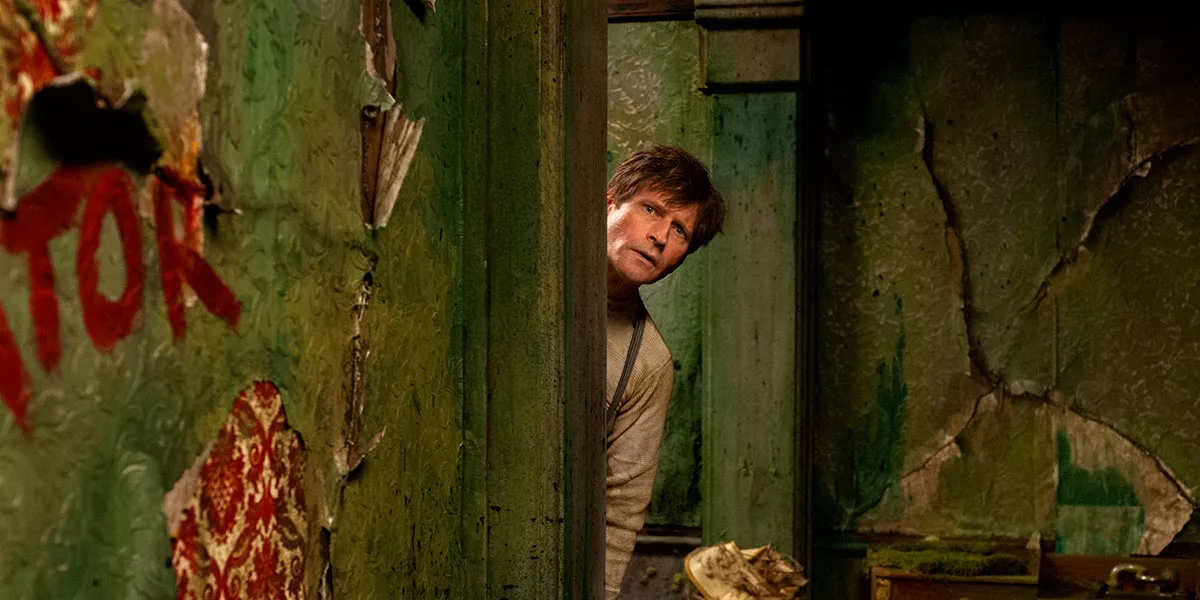TIFF’s Platform Films section holds a special place in my heart; even though I never know what kind of movie I’ll get, at the very least, I’m guaranteed an uncompromising vision. The Platform section, in particular, is characterized by films from creatives who aren’t afraid to push boundaries in their storytelling techniques and narratives; these three international Platform films immerse viewers in stories from communities that have rarely been given the spotlight.
One of the very first films I watched at the festival this year was a love story that centered on the lived experience of sex workers. No, it was not “Anora,” but it’d be understandable (and apt) to draw comparisons between Sean Baker’s Palme d’Or winner and Canadian director Sook-Yin Lee’s “Paying For It.” Both films challenge preconceived notions about sex work and are committed to showing the beautiful and ugly parts of such a vocation. “Paying For It” is particularly personal for Lee as it is an adaptation of the same name, a graphic novel written by her former partner, Chester Brown. After the two stopped dating (but remained committed friends), Brown began to hire sex workers in Toronto to experience sex without the trappings of emotional attachment; the novel details his experiences.
It could have been easy to film Brown’s novel by copying the aesthetic of early 2000s raunchy comedies, but “Paying For It” displays a maturity and thoughtfulness all too rare when focusing on a subject like this. The camera never leers or feels exploitative when documenting Sonny and Chester’s physical trysts, often remaining still and letting acts of intimacy take place in real time, no matter how awkward, short, or unsexy they may initially be.
From the first sequence of the film, it’s evident that Lee is already a master of tension and finding humor within people’s inconsistencies. Set in the late ’90s, the film opens with photos of Chester (Daniel Beirne) and Sonny (Emily Lê, playing a stand-in for Lee herself) being physically affectionate and intimate, whether through pictures or Chester’s drawings. When we first see the two of them in the flesh, they face each other with their eyes closed, at peace with each other and their bodies. Yet Sonny’s first words are, “I think I’m falling in love with someone else,” which challenges the notion of love we’ve previously witnessed. “Paying For It” is a film that revels in the messy contradictions we may hold about love, showing that the journey of self-actualization through experimentation is its own reward.

Wherever there are film festivals, film festival hyperbole often follows; so many films are often declared masterpieces, to the point where I’ve had reasons to become skeptical when a title gets histrionic praise so soon after premiering. However, I share this to say that the documentary “Viktor,” from veteran war photographer and director Olivier Sarbil, is a truly singular experience worthy of its adulation. Shot in black and white, it tells the story of Viktor, a deaf Ukrainian who lives with his mother in Kharkiv. Once Russia invades Ukraine, Viktor longs to fight for his country, but due to being differently abled, his zeal is met with rejection. He can only be proximate to the carnage he seeks to curtail by being a war photographer. Through Viktor’s camera (and by extension, Sarbil’s open lens), “Viktor” is a piercing indictment of the ways we’ve made a spectacle of war, particularly how societies have explicitly drawn a connection between participation in violence and a sense of belonging to one’s country.
“Viktor”’s thematic riches are also complimented by enveloping sound design; the Oscar-winning sound design team who worked on “Sound of Metal” returns here, and there are long stretches of the film in which he experiences life as Viktor does. It’s not that he can’t completely hear, but so much is stifled and muffled; vociferous artillery fire is reduced to whispers while people’s facial expressions become the only way to ground and give Viktor (and the viewer) a sense of place and grounding, rather than their words. But what remains inspiring is in the ways “Viktor” never infantilizes its protagonist or lets him off the hook; we simultaneously mourn Viktor’s isolation by Ukrainian soldiers but also mourn his bloodlust and his belief that the only viable way to contribute is through enlistment.

Perhaps the weirdest film I’ve seen this year, “Mr. K” is an audacious and existential class commentary from writer-director Tallulah H. Schwab. Its aesthetic and narrative eccentricities become a tender nesting ground for its themes on the drudgery of pointless work and the need for the community to brave life’s horrors. Starring the great Crispin Glover as the titular Mr. K, we first meet K, a traveling magician, at a café where he’s painstakingly performing his show to patrons more concerned with their meals and conversations. He leaves for a Victorian estate that looks much worse for wear. Schwab’s production design makes this film worth viewing alone; the walls seemingly writhe as a living being due to the steady yet consistent paint peeling, while the rooms always feel like they contain some hidden evil despite being well-lit. The estate’s interior is much more lively, filled with all manner of eccentric patrons who seem happy to accommodate him for everything except letting him have a consistent and good night’s rest. Once he wakes up and tries to leave, he quickly realizes he can’t escape the house and begrudgingly has to take various odd jobs (such as working in the estate’s kitchen as a line cook). Once he notices that the house is beginning to shrink in size, he attempts to tell the other residents, but his cries are ignored. People begin to refer to him as “the Liberator.”
To say more of the plot would spoil some of the goopy and clever twists this film takes, but just as the house itself is like a living being, the fun of watching “Mr. K” is seeing the ways form and theme work in tandem together. Schwab’s camera is facetious, such as when K explains that the house is shrinking, it’s done in a wide shot that emphasizes the size of the house; is K delirious from his travels, or is he an introspective whistleblower who’s trying to save everyone in the place? Glover’s performance anchors the film amid its swerves, a consistent force that we can always look at even as the rest of the film attempts to distract viewers through visual sleight of hand.

